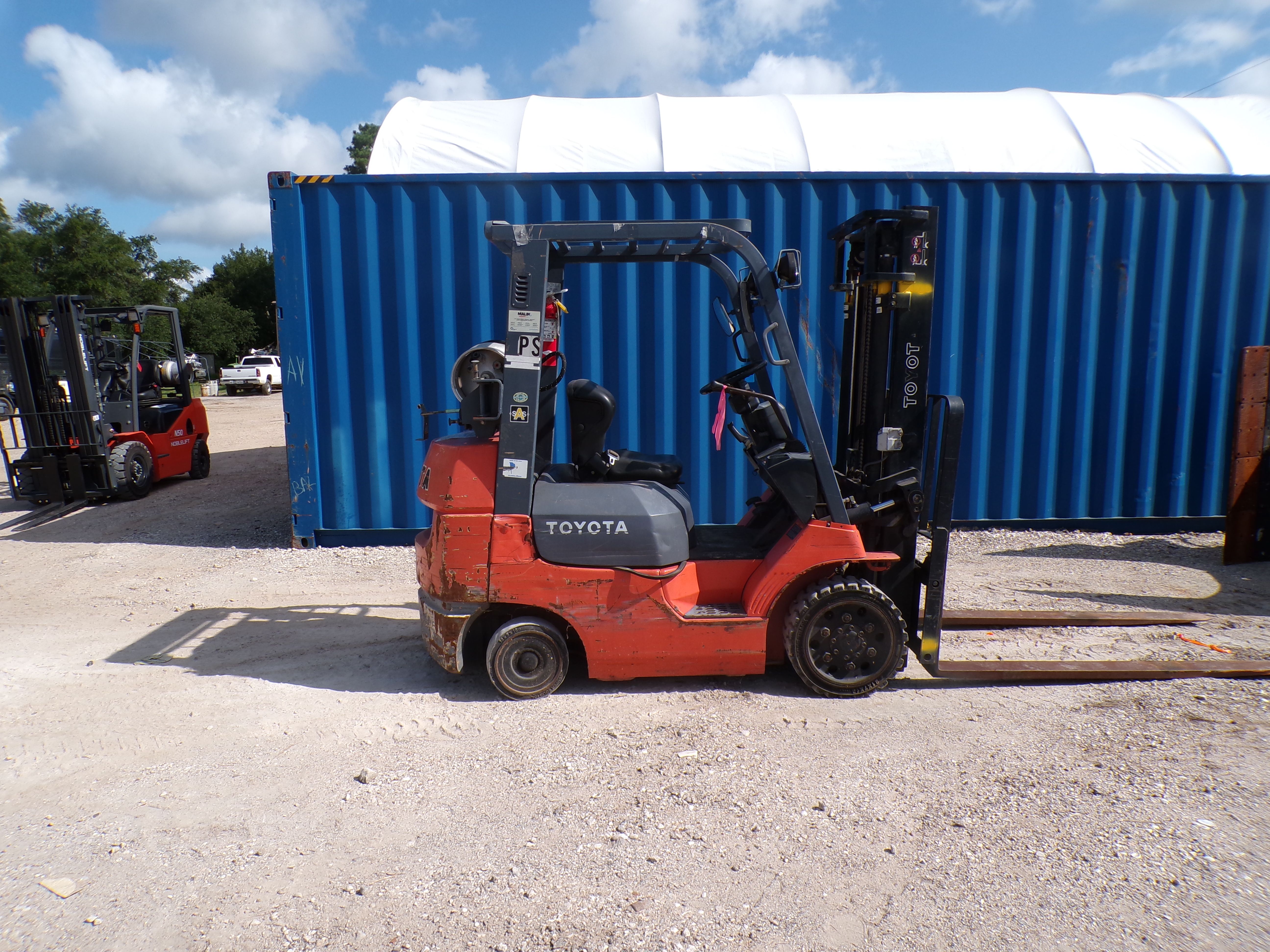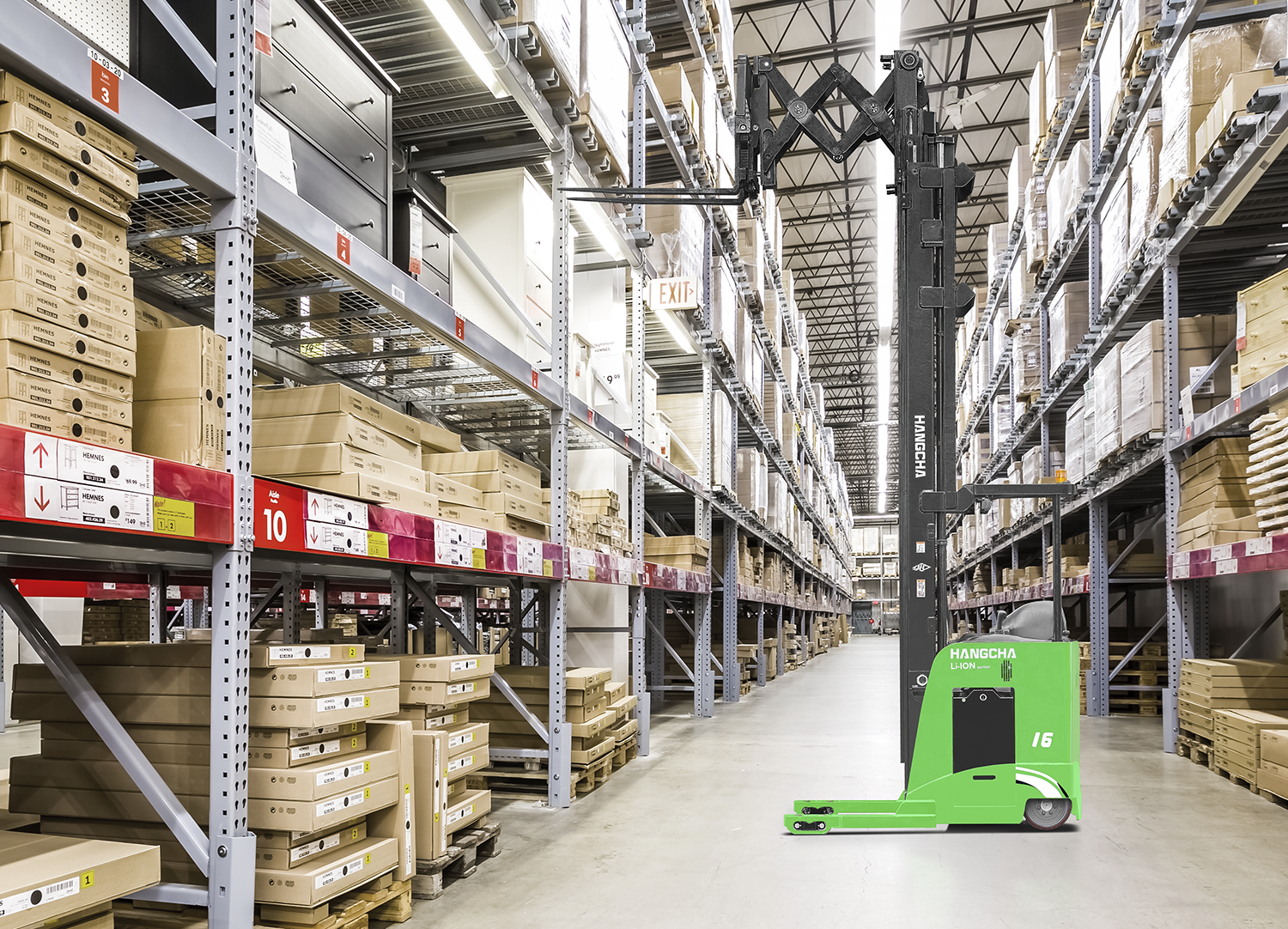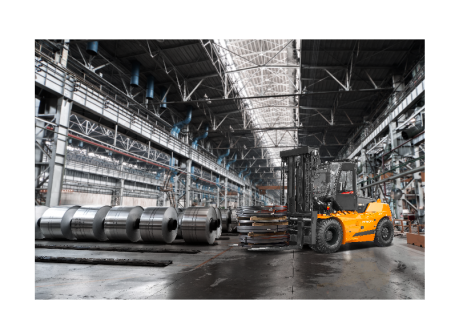Texas jobsites face a wide range of weather scorching heat, sudden downpours, and dust-heavy winds. While tough equipment is built to handle the outdoors, extreme conditions can still wear it down faster, cause issues in the field, or lead to avoidable repair costs.
Whether you're renting or operating your own gear, it pays to understand how weather affects performance and what you can do to limit problems.
1. Heat Puts Stress on Engines and Fluids
High temperatures are common across most of Texas, especially during summer months. Extended exposure to heat can:
- Thin out engine oil and hydraulic fluid
- Cause coolant systems to overwork
- Lead to overheating, especially in older machines
Tip: Check coolant levels before every shift, and avoid idling for long periods in direct sun. On rental units, report warning lights immediately don’t push through.
2. Dust Can Clog Filters and Reduce Airflow
Dry regions and dirt roads kick up fine dust that gets everywhere. That dust builds up on:
- Engine air filters
- Hydraulic systems
- Radiators and cooling fins
- Electrical connectors
Tip: Wipe down air intakes and filters regularly. A clogged filter limits airflow and causes the engine to run hot or inefficiently. Never run equipment with damaged seals or missing covers.
3. Rain Affects Traction and Electronics
Storms can turn a dry worksite into a muddy mess within minutes. Wet soil reduces traction and stability especially for wheeled machines or equipment with narrow tracks. In addition:
- Electrical panels and connectors can short if exposed
- Hydraulic controls may react slower in soaked conditions
- Wet brakes lose stopping power
Tip: Use tracked machines on wet terrain where possible. Park equipment under cover or on higher ground when storms are expected. Avoid hosing down rental machines unless necessary especially near wiring.
4. Cold Snaps Still Happen in Texas
While rare, cold mornings or freeze events can cause:
- Slow starts and battery issues
- Stiff hydraulics until warmed up
- Fuel gelling in diesel engines (below ~20°F)
Tip: On colder mornings, allow extra warm-up time. If renting during winter months, ask if the unit has block heaters or winter-rated fluids.
5. Protecting Equipment Between Uses
Leaving equipment out in the open 24/7 speeds up wear, especially in harsh weather. Whenever possible:
- Cover exposed controls
- Keep attachments off the ground
- Park away from areas that flood easily
Tip: If you're renting, return the machine clean and undamaged to avoid fees. Mud and dust buildup often hide scratches or worn hoses.





